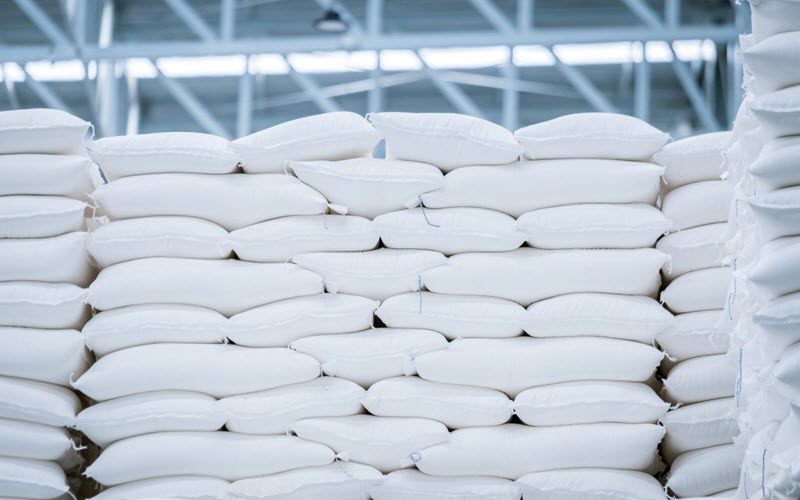20%
Sales Growth
300+
Projects Delivered

Textile
Sewing Thread Production

Agriculture
Agriculture industry use bagging and packaging.

Chemical
Chemical industry use bagging and packaging.
Construction
Construction use cement, sandbags packaging.

Packaging
Woven bags, Mesh bags, paper bags sewing and packaging.
Agriculture Industry
100% polyester bag sewing thread is widely used in the agricultural sector due to its exceptional strength, durability, and resistance to environmental factors. Unlike natural fibers, polyester threading offers superior tensile strength, minimal stretch, and excellent resistance to moisture, chemicals, and UV exposure. These characteristics make it an ideal choice for stitching and sealing the various types of woven and non‐woven bags that are ubiquitous in agriculture.

taxation planning
Eiusmod tempor incididunt ipsum ut labore dolore magna aliqua. Ut enim minim veniam duisy ipsum sed quis.

Chemical industry
In the chemical industry, packaging must withstand exposure to harsh substances—acids, alkalis, solvents, and abrasive powders—while preserving product integrity during handling, transport, and storage.Our 100% polyester bag sewing thread excels in this environment, offering outstanding chemical resistance, high tensile strength, dimensional stability, and minimal moisture absorption. Its consistent performance makes it the preferred choice for stitching the various types of sacks, liners, and bulk containers that deliver chemical products safely from manufacturer to end user.
Construction industry
In the construction industry, packaging materials must endure rough handling, abrasive surfaces, and exposure to alkaline dust, moisture, and UV light. Cement, mortar, plaster, and other building materials are typically transported and stored in heavy-duty bags that can weigh 25 kg–50 kg or more. Our 100 % polyester bag sewing thread is ideally suited for sewing these construction‐grade sacks due to its high tensile strength, excellent abrasion resistance, minimal moisture absorption, and superior resistance to alkaline environments. This ensures that seams remain secure from the point of manufacture, through distribution, and onto the jobsite.


Packaging industry
In the packaging industry, woven bags and industrial-grade sacks are ubiquitous for transporting and storing a wide range of products—ranging from agricultural goods to construction materials, and from food ingredients to consumer products. At the heart of manufacturing these robust, reliable bags lies the sewing thread, which must withstand high-speed production, heavy loads, and sometimes harsh handling conditions. Our 100% polyester bag sewing thread is ideally suited for producing woven polypropylene (PP) bags, polyethylene (PE) bags, and other industrial packaging formats. Its combination of tensile strength, abrasion resistance, low moisture uptake, and dimensional stability ensures that seams hold securely throughout the bag’s lifecycle—from filling and palletizing to shipping and end-user handling.


